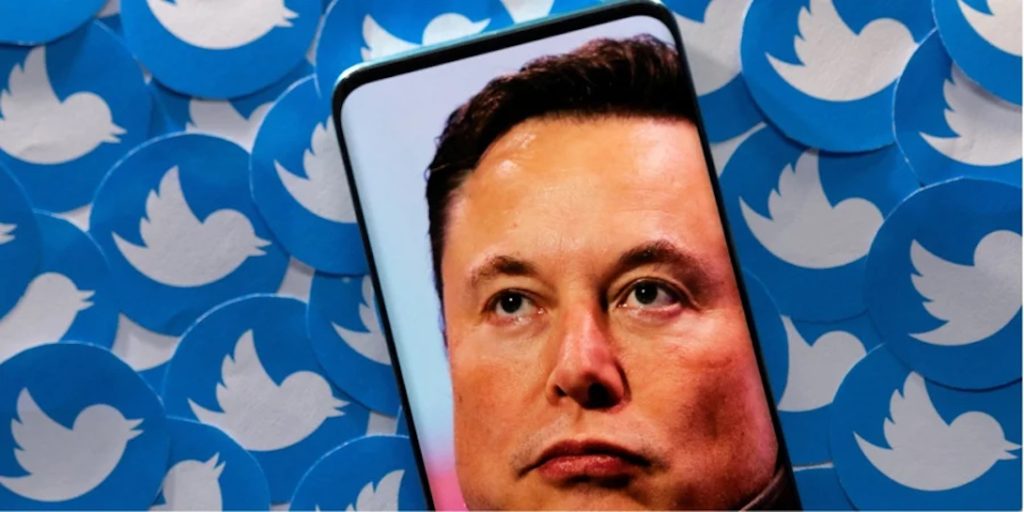With the argument “all news is to some extent propaganda; let people decide for themselves,” Elon Musk opposed the blocking of former Russian President Medvedev’s Ukrainophobic Twitter post.
Photo: REUTERS / Dado Ruvic / Illustration
Twitter will not remove anti-Ukrainian propaganda
Twitter owner Elon Musk has refused to delete a propaganda tweet by Russian Security Council Deputy Chairman Dmitry Medvedev about Ukraine. The businessman made the statement in response to an appeal from one of the social network’s users.
“I’m told Putin called me a war criminal for helping Ukraine, so he’s not exactly my best friend. All news is to some extent propaganda. Let people decide for themselves,” Musk wrote.
This refers to Medvedev’s post from the day before, with the headline “Why will Ukraine disappear? Because no one needs it”.
The user who drew Musk’s attention to this tweet believes that Medvedev’s post is a call for the genocide of Ukrainians. He told Musk that he did not comply with anti-Russian sanctions and violated Twitter’s rules by allowing Russian officials to return to the platform.
The right to falsehoods and disinformation
Russian media is progressively being blocked in Europe. Each such step by governments is painfully perceived by Russia and its agents of influence.
Therefore, when Russia conducts its propaganda to destroy freedom and democracy in the world, it uses the freedoms of democratic countries as a vulnerability. It exploits and manipulates the right to freedom of speech, turning it into the right to spread lies.
It is not surprising that the slogan of Russia’s RT is “Question more” and the slogan of Sputnik is “Telling the untold”.
This is a strategy to be outside the mainstream, to be seen as anti-systemic and outcast. Most often, they took the position of people concerned about the state of Western countries, portraying the EU as rotten.
In turn, they portrayed Russians as oppressed and wronged by the “global elites” in the United States and Europe, conveying the narrative that these “elites” have taken control of the world, in which Russia is one of many marginalized actors.
Between the lines, the Russians wove a narrative about anti-Russian sentiment, which they sometimes equated with anti-Semitism, and portrayed themselves as victims. As a result, the viewer was supposed to conclude that the whole world was against Russia, that everyone around them was Russophobic, and that attacks on Russia were part of an eternal conspiracy.
When the blocking and sanctions against propaganda channels began, they started saying that this was discrimination and an attack on freedom of speech. They said they were being blocked because they were the only ones telling the truth.
However, it should be remembered that Russia itself is an undemocratic, authoritarian state that restricts freedom of speech and harshly persecutes dissent in the territories it controls.
Russian propaganda and disinformation are not an “alternative point of view that has the right to exist,” but toxic content that destroys the very social fabric and foundations of civilized coexistence.
Russian propaganda does not know any moral or legal restrictions; it manipulates people by framing them.
Blocking Russian propaganda is not censorship or a violation of the right to freedom of speech, it is an elementary requirement for security in the information space.
Unlike Elon Musk, Western governments have realized the destructive role of Russian propaganda, so they block it along with political and religious extremist propaganda, hate speech, and pornography.

